Buying an electric car (or EV) is on the increase
For a lot of people though there's a nagging question in the back of everyone’s mind -
When is the right time to make the switch to an Electric Vehicle - & which is the best EV?
Over decades, and even more so over the last few years, the purchase prices of EV's continue to drop, government incentives to choose an electric car have increased, the ranges of electric cars continue to increase and there are more charging stations available every day. We've even heard recently that electric pickup trucks are soon to be "a thing" - allowing those of us who rely on transporting or hauling "stuff" around to make the choice of driving an electric vehicle - which is exciting stuff.
But whether or not it’s the right time for you to buy an EV (and which model to choose) depends on a lot of variables, most of which are based on your lifestyle and location. So, there is no single right answer that applies to everyone, but we can give you some variables to consider that will help you make that decision.
Do you live in a city, or out in the Boonies?
Where you live will determine what you pay for fuel (regional electricity rates), your access to local EV charging stations, and how cold the winters are or indeed how hot the summers (which negatively impacts battery performance and EV range).
If you live close to your workplace and don’t do a lot of road trips you can probably get by with one that has a shorter range. And using it less means it will be easier to avoid charging it during peak hours (if your regional utility company has variable rates).
As the battery is the most expensive part of the car, to get a greater range means a bigger battery, and consequently a higher price. And you also need to consider your home charging station - to discover which is the Best Home EV Charger, read The Definitive Guide to EVSE's here.
Electric vehicles in cold weather & hot:
Extreme cold will affect EV range for a few reasons – the batteries themselves don’t perform as well when they are cold, and also, consumption will go up when you consider defrosting windows and keeping passengers warm. Very hot weather will also reduce range as running the A/C will use power, and opening the windows will create drag and reduce efficiency.

Choosing an EV in tune with your Lifestyle:
If you do a lot of long-range road trips it may not be your time to switch yet, though if you are a two-vehicle family maybe you will best benefit for now by having one of each, or choosing a hybrid EV.
If you drive very seldom, don’t travel with a big payload and generally don’t go too far from home, an EV makes a lot of sense. Choosing a suitable vehicle has always meant considering your typical use patterns, but there are more variables when changing your fuel source from gas to electricity. Currently, there are fewer refueling stations and it can take considerably longer to charge a battery than fill a tank. So, if you can do most of your charging at home, an EV can be very affordable and more convenient, although in 2023 electric vehicle charging is changing, and t might be better to charge EVs in public places.
If you're a contractor, have a large family, or if you're simply one of the 30+ million North American households who drive a pickup truck, you're going to have to wait a while - but not that much longer - as every major US car manufacturer is racing to get a full production Electric Pickup Truck into their showrooms before Tesla & Rivian announce retail sales of their new vehicles.
The Best Electric Vehicle, food for thought
Switching from a gas-powered car to an EV can feel like a pretty big leap, and it will take some adjustments and planning for commuting. To get a better idea of the benefits and drawbacks, we spoke with Chris Tapp, the owner of Tapp Auto in Ottawa, Ontario. Chris has commuted for years in electric vehicles, he also built a custom EV using a Subaru kit car and parts he pulled out of wrecked Telsa and Chevy EVs. So we figured he was the guy we should speak with to learn the general pros and cons of EVs over gas-powered cars.

Thanks for taking the time with us, Chris. I would start with a general question of value - when you consider the purchase price, maintenance requirements and lifespan– overall, would you say that you come out ahead with an electric car or gas-powered car?
CHRIS TAPP: That’s still a bit hard to say at the moment, mostly because there really aren’t any ‘long term’ stats yet for an accurate comparison. And a lot would depend on your patterns of use, like how often you drive and the distance you travel. So I would say it's comparable overall, but strictly speaking from a maintenance point of view, there is almost none required for electric cars.
You say there is virtually no maintenance required with EVs, can you explain that more?
CT - With electric cars you don’t have mufflers to replace, you don’t need to do oil changes or tune ups, and even your brakes pads pretty much last forever because you don’t really need brakes. When you remove your foot from the accelerator, it automatically begins to slow down, and it uses that momentum to recharge the battery in the process.
Is it an advantage for you living in Quebec where power is cheaper?
CT - The power is cheaper here, but if you live in Ontario for example, you can just charge your EV during off-peak hours. Most cars will have a built-in setting for that, and if not, it’s still pretty easy to do. You’ll probably find that you get in the habit of just plugging your car in when you get home like you would do with your phone. So without doing any long-term travel, most people would pretty much wake up to a full battery every morning. And the cost to charge and drive it is so little that no matter where you live you probably wouldn’t give much thought to charging cost because it is so insignificant.

How well do EVs do in cold weather? Does cold affect the range?
CT - They do perform worse in cold weather, but so do gas powered vehicles as well. There are a few things you can do to improve the cold weather performance of an EV, like warming up the battery while it is still plugged in, that way it will already be at it’s efficient operating temperature when you unplug it. Starting out with a cold battery will cut into your range since energy will be consumed to warm it up.
Heating the cabin of an electric vehicle will also consume a bit more power as well, but again, it shouldn’t have a major impact on convenience for regular commuting since for the most part you’ll have all the power you need. But to answer your original question, yes; keeping occupants warm and windows defrosted on a long-distance road trip could mean needing to stop and recharge a bit sooner.
And I can say that, at least with a Tesla, you can preheat the battery with one touch on your phone. I do that for the battery but I never bother pre-heating the cabin since the delivery of heat is instant once you get in. It’s not like a gas-powered car where you need to let it run a while before it will deliver any heat to the cabin.
And that’s what I meant about why people who make a lot of short trips will lose a bit on range in cold weather; each time the car cools down you’ll need to expend energy just to get it back up to its efficient operating temperature.
Does an EV ever ‘not start’ due to cold weather?
I’m think of the old junk boxes our family drove when I was a kid, and on a morning when it was down in the -20s Celsius it was a real toss up if the car was going to start or not, with or without a block heater. At -30 there was no point even trying, you were going to be on foot. Is cold a concern with EVs?
No, low temperatures is not really a concern, they always start.
Does accelerating quickly affect ‘fuel consumption’ in the same way it does with gas powered car?
CT - Very little, and certainly not as much as with gas. It’s another one of those things you just don’t need to think about with an EV.
Are there any concerns with EV traction or braking in winter or slippery conditions?
CT - Not at all, in fact electric cars are better than gas-powered cars in terms of traction and control because if one wheel is slipping, the car’s computer can adjust torque at a millisecond rate. Humans simply can’t react that fast when they try to do things like feathering the accelerator to improve traction.
So when comparing 2-wheel drive to 2-wheel drive cars, in my opinion an EV will have better traction every time. My house is at the bottom of steep hill, and granted I currently have a dual-motor all-wheel drive Tesla, but even when our road isn't plowed I have no problem getting up the hill.

Do EVs have universal chargers?
CT - A typical electric car comes with a cable and adapters that will plug into normal 110 outlets or 220 dryer plugs, but that may vary by manufacturer so that’s best asked on a case by case basis at the time of purchase.
Is it expensive or difficult to set up an EV charger at home?
CT - No, not really, and I say that because very few people would ever need a high-speed charger.
Charge time would of course vary a bit by make and model, but a good way to think about it is in ‘kilometers per hour’ of charge time, meaning how much distance you will get per hour when you leave it plugged in.
The charge rate of a standard 110 volt outlet would give you about 7 km per hour; even that may be enough for some people. A 220 volt dryer plug would give you about 35-40 km per hour, the next big step-up would charge at a rate of about 80 km per hour.
That’s why I think a dryer plug is probably adequate for almost everyone. It shouldn’t cost much to have an electrician come install one on the outside of your house or in your garage. That would equate to getting about 350 to 400 km of range by leaving it plugged in for 10 hours, which should be more than sufficient for most people’s daily use.

For charging EVs on road trips, are there many stations around, and how fast is it?
CT - Long distance travel is for sure where you’ll need to do some planning ahead, no matter what kind of EV you drive. Currently Tesla offers the best access to charging stations (not to mention the best range batteries), because their highway charge stations can power up at about 600 km per hour. I live in Quebec, just outside of Ottawa, and I drove to Toronto with no problem. Just by stopping for a half hour for lunch, you can pick up another 300 km of range.
How do I find EV charging stations?
CT - I can't really speak to the availability of charging stations of other brands, but the Tesla ones I know of ‘locally’ are Ottawa, Kingston, Cornwall, Oshawa, Peterborough and there’s a few in Toronto. There is even one in Mont Tremblant, Quebec where we charged up on a ski trip. Finding them isn’t hard because your car tells you where they are and it knows your range, so it’s kind of idiot proofed.

Are charging stations crowded though; what if there is a lineup?
CT - Most of them seem to have at least at 8 or so spots, and there’s only been a couple of times where I’ve seen even a second car there, so that’s not a problem at all. Tesla has gotten a head start building charging station, I guess, in anticipation of growth.
I’m not trying to sound too much like a Tesla commercial, but it really is the only viable option I see at the moment for long distance travel when you consider their greater range, and the fact that other manufacturers haven’t set up a network of dedicated stations yet.
Other EV makes aren’t compatible with the Tesla high speed chargers, but there are universal charging stations available; they just aren’t nearly as fast. So rather than stopping for lunch, you may need to stop overnight at a hotel. Charging a Nissan Leaf or Chevy Volt during a quick lunch isn’t going to get you very far.
Is it true that a trickle charge will extend battery life rather than a quick charge?
CT - No, not at all. Batteries are too intelligent for that to happen. And a quicker charge is actually more efficient. The line losses of 110 are greater, so it will actually consume more power than a 220 or high-speed charger would, to fill any battery to capacity.
As for battery life, it’s still early for long term predictions but they’re actually performing better than the initial industry expectations. And I can say with Tesla, at least, there is an 8-year warranty on the battery so I wouldn’t spend much time worrying about them.
And purely for fun we’re going to include the video of you drag-racing against a Porsche with your homemade EV. I know you keep tweaking it; is it even faster now? And how does it stack up against other EVs for speed?
CT - It’s a little faster now since it has dual motors and it’s all-wheel drive. I haven’t had it to the track yet this year but last year it a ran 9.5 second quarter mile. There are some dedicated race cars that are faster, but to my knowledge this is probably the fastest ‘functional’ EV in the world that can be used for everyday road use.
What did you make it out of and how does it fare in terms of range and efficiency?
CT - I started with a lightweight kit car designed for a Subaru powertrain, and built it with used parts from wrecked cars. So it has 2 Tesla motors (front and back) and 2 Chevy Volt batteries. It’s only about 2,700 lbs, which is about half the weight of my Tesla, so it’s also a particularly efficient one as well. And the range is about 200km.


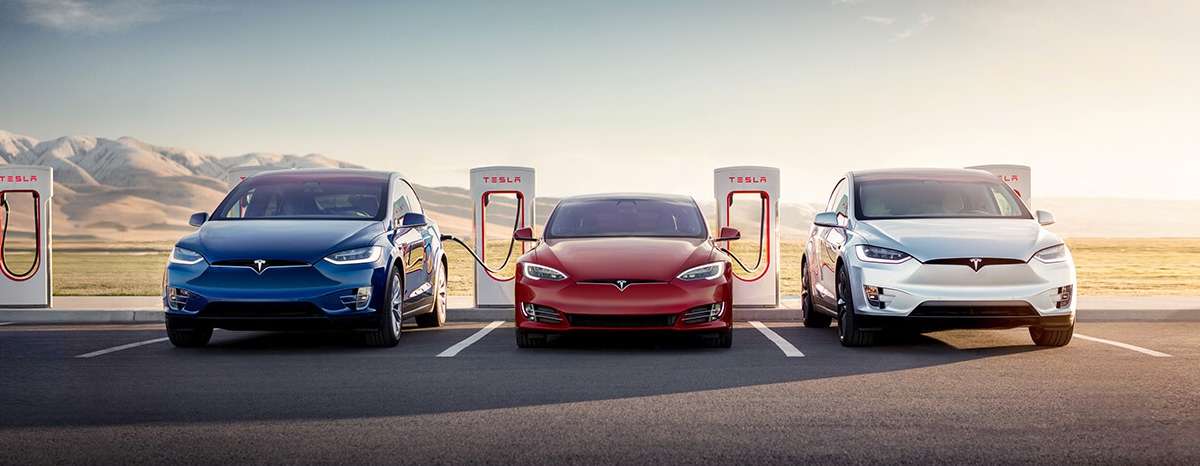















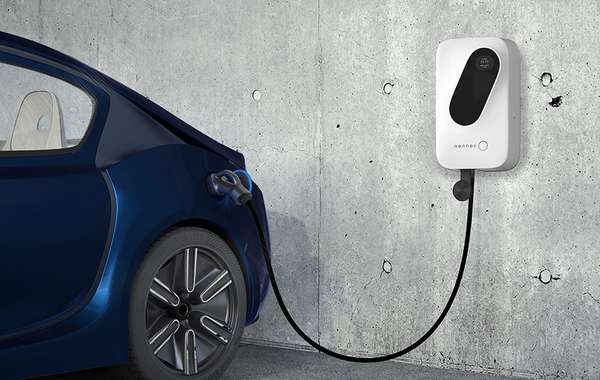

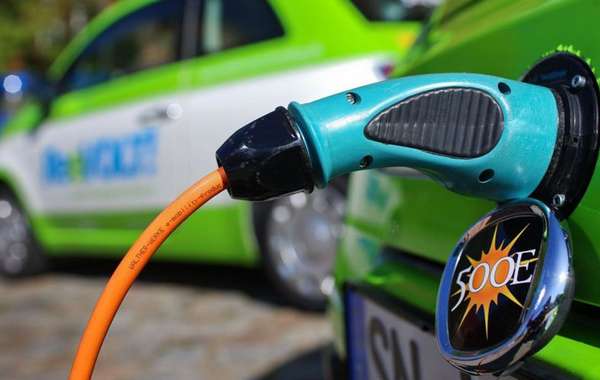
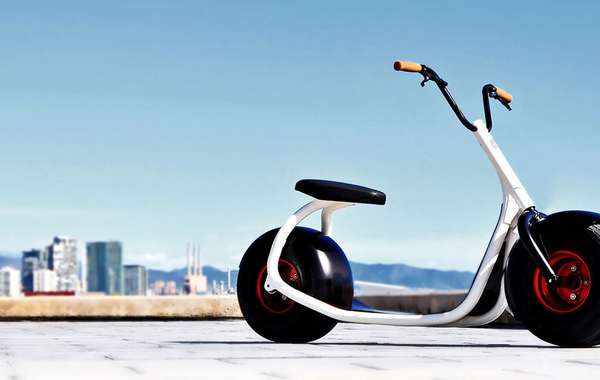
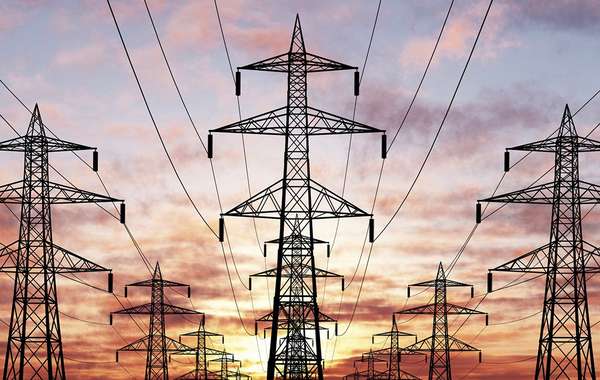


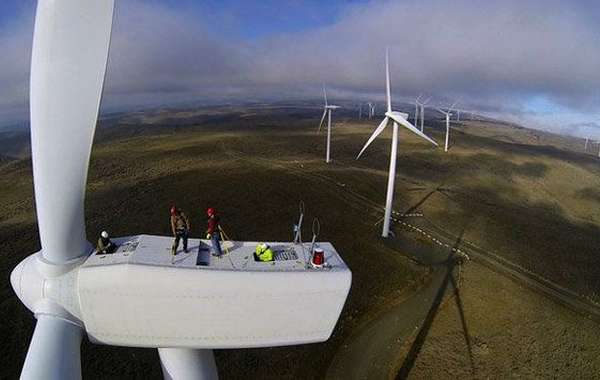
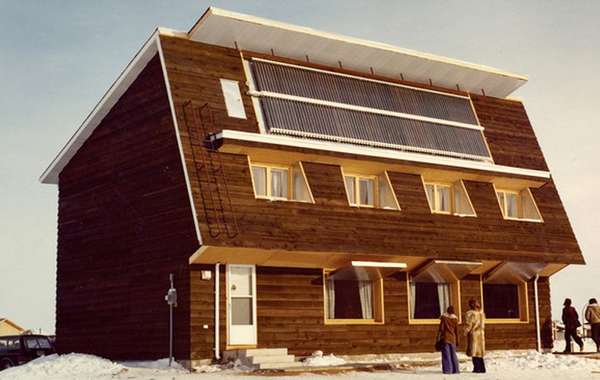


Comments (0)
Sign Up to Comment